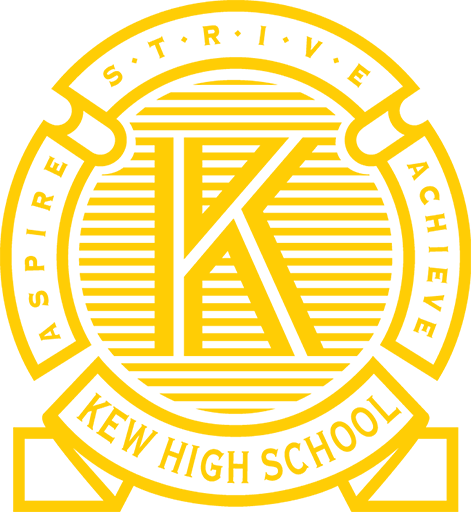by Catherine Gayfer
In term 2, the Year 10 Physical Education ‘Community Recreation’ unit explored local leisure/recreation options and proposed excursion options in the community where they can have fun engaging socially with their peers and be active at the same time – rather than interacting in a sedentary manner via social media or coffee shop catch ups. Students had to research travel options and present their proposed activity whilst keeping to a budget, then debate and persuade the class why they should vote for that activity. In class we also investigated the benefits to all areas of their health and wellbeing (physical, emotional, mental, social and spiritual), gained by continuing to engage in life long physical activity.
One specific thing I really appreciated about all the activities we did was that there was a mix of competitive team activities and individual tasks; for example, rock climbing was a challenge for some people. Some of the class members were afraid of heights, but we all encouraged and supported each other to go outside of our comfort zones, have a go and try something new. The encouragement and motivation coming from our peers created a very supportive and safe atmosphere, giving people the confidence and motivation to try new activities that they have never done before.
Our emotional health and wellbeing was enhanced through these excursions. Working in a team environment or even competing individually against someone else teaches you how to be a good sport. It reminds you to encourage the other person when they do something good, or to be resilient and calm when you make mistakes. Some of us are quite competitive and used to being good at most physical challenges Trying some activities for the first time was a challenge for some, as they weren’t used to not achieving success straight away. We had to demonstrate resilience, not get frustrated and angry at our initial poor performance. In particular, rollerblading was something many people experienced for the first time. Many people started off slowly and even had a couple of falls, but they continued to get up and try again. Even after falling or going around slowly at the start people bounced back and persevered.
Social health and wellbeing are the most positively affected area of health gained by engaging in these leisure activities. Having a supportive network of friends was demonstrated when we cheered and encouraged each other, and again when people had to trust their friends at rock climbing to belay them safely. Effective communication is very important because the belayer needed to know when the climber wanted to come down. Also, we worked in teams of two in croquet and lawn bowls, so the communication from organising strategies to attempt to triumph over the opposite team, also the overall happiness from winning one of the games or even scoring a point, was greatly improved when we played these games. I had originally perceived lawn bowls and croquet as traditionally an ‘older person’ activity, but we all brought our competitive spirit and these sports were very fun.
We also really enjoyed being outside in nature and travelling to these activities with my friends. Aside from the activities themselves, this aspect of the classes definitely enhanced our mental health and wellbeing – it gave us a chance to reduce my stress and anxiety and increase my confidence. We had an opportunity to calm down and get away from schoolwork and some of the stress and pressure that comes with the educational environment. We also had to use our logic and reasoning to make decisions when at the rock climbing and playing mini golf, and using strategies and tactics in croquet and lawn bowls.
By Hunter, Lloyd, Adele and Nels

